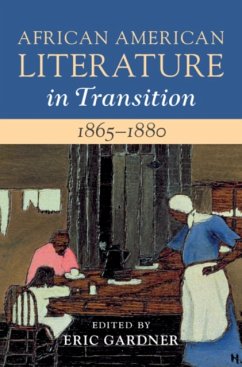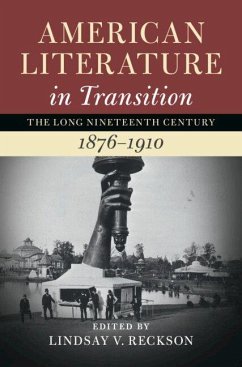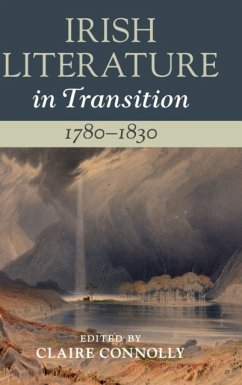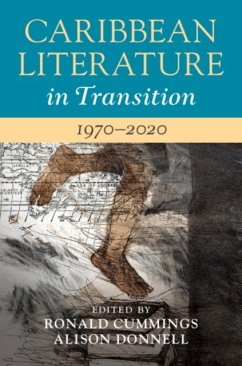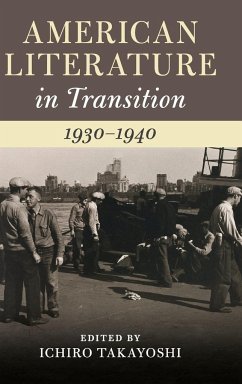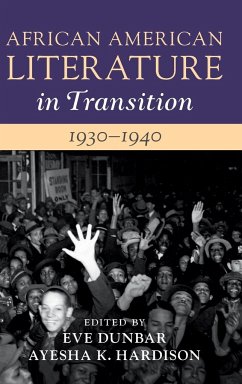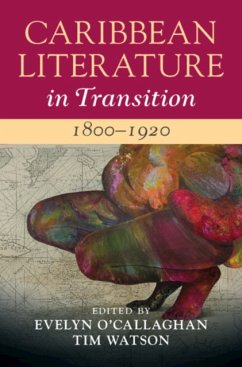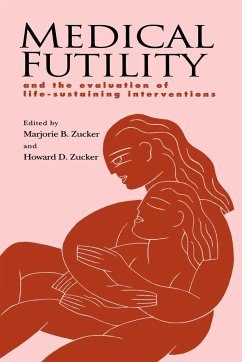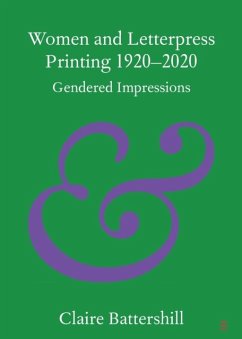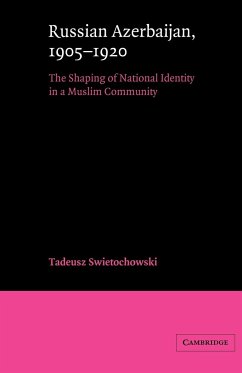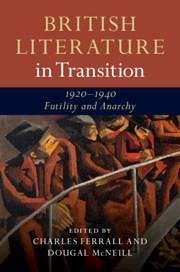
British Literature in Transition, 1920-1940: Futility and Anarchy
Versandkostenfrei!
Versandfertig in 2-4 Wochen
149,99 €
inkl. MwSt.
Weitere Ausgaben:

PAYBACK Punkte
75 °P sammeln!
Exploring a range of forms of literature in the British Isles from 1920 to 1940, this book will interest undergraduate and graduate students and scholars of drama, English literature, gender studies, and politics. Particular attention is paid to the literatures of Wales, Ireland and Scotland, and to women's and queer writing.




